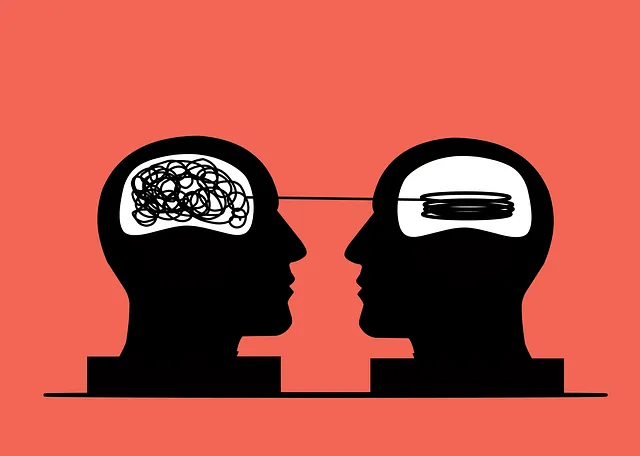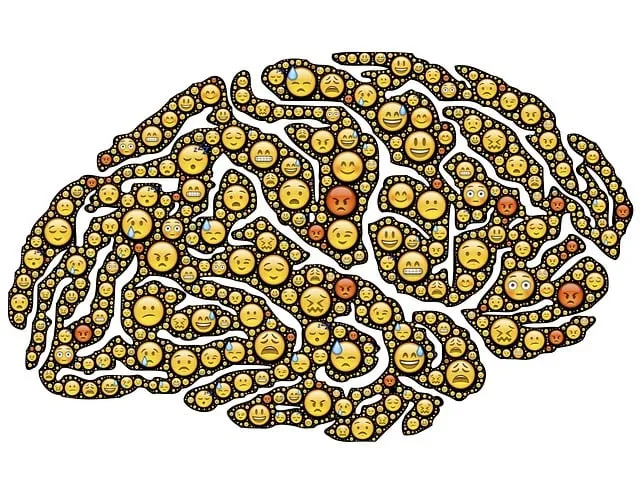Mental wellness apps are gaining importance as accessible and personalized tools for well-being, filling a crucial gap in healthcare. By integrating evidence-based practices like Compassion Cultivation and Empathy Building, these apps can enhance patient-caregiver relationships at centers like the Longmont Kaiser Permanente mental health center. Features include mood tracking, self-care goal setting, meditation guides, educational articles, and cultural sensitivity for diverse backgrounds. Effective marketing through social media, partnerships with leading facilities, and diverse content formats drive user engagement, making these apps game-changers in mental healthcare.
Mental wellness apps are transforming the way we approach our psychological well-being. With the growing demand for accessible and personalized mental healthcare, this article explores the development of such applications, focusing on the Longmont Kaiser Permanente Mental Health Center as a case study. We’ll delve into the essential design considerations, key features, and marketing strategies to ensure user engagement and success. Understanding the need for these apps is crucial, especially in meeting the diverse mental health needs of communities like Longmont Kaiser Permanente’s patient base.
- Understanding the Need for Mental Wellness Apps
- Designing an Effective App for Longmont Kaiser Permanente Mental Health Center
- Key Features and Functions of a Mental Health App
- Marketing and User Engagement Strategies for Success
Understanding the Need for Mental Wellness Apps

In today’s fast-paced world, mental wellness is a critical aspect often overlooked in the pursuit of overall well-being. This is where mental health apps step in as a valuable resource, offering accessible and personalized support to users. The need for such applications has gained significant traction, especially with the recognition that emotional well-being promotion techniques can be effectively delivered through digital platforms. Similar to how the Longmont Kaiser Permanente mental health center provides comprehensive services, mental wellness apps cater to a wider audience, making professional-grade tools available on a larger scale.
By incorporating features like conflict resolution techniques and inner strength development, these apps aim to equip users with essential skills for navigating life’s challenges. With the increasing demand for convenient and discreet support, mental wellness apps are poised to play a pivotal role in fostering resilience and improving overall mental health, potentially reducing the burden on traditional healthcare systems.
Designing an Effective App for Longmont Kaiser Permanente Mental Health Center

When designing an effective app for Longmont Kaiser Permanente Mental Health Center, it’s essential to integrate evidence-based practices that cater to the unique needs of their patient population and healthcare professionals. Incorporating Compassion Cultivation Practices (CCP) and Empathy Building Strategies can significantly enhance the user experience by fostering deeper connections between patients and care providers. The app should serve as a digital extension of the center’s services, promoting mental well-being through accessible tools and resources.
Additionally, prioritizing a seamless user interface and intuitive navigation is crucial for ensuring adoptability among both patients and professionals. Given the sensitive nature of mental health issues, the app must also include robust security measures to safeguard patient data. Furthermore, integrating features that support Risk Assessment for Mental Health Professionals can help in proactively managing potential crises and providing timely interventions. By balancing accessibility, efficacy, and safety, the app can become a powerful tool in supporting the holistic mental wellness journey at Longmont Kaiser Permanente Mental Health Center.
Key Features and Functions of a Mental Health App

A mental wellness app can be a powerful tool for individuals seeking support and guidance for their mental health, especially when paired with services offered by renowned centers like the Longmont Kaiser Permanente mental health center. Key features often include personalized dashboards where users can track their mood, set self-care goals, and access a library of resources such as meditation guides, educational articles, and coping strategies tailored to their unique needs. Many apps also incorporate interactive tools for resilience building, enabling users to engage in mindfulness exercises, keep journals, or participate in virtual support groups.
Furthermore, cultural sensitivity is increasingly recognized as an essential aspect of mental healthcare practice, reflecting the diverse backgrounds and experiences of app users. Well-designed mental health apps should incorporate features that cater to different cultural perspectives, ensuring inclusivity and effectiveness. By integrating self-care practices, resilience-building exercises, and culturally sensitive content, these apps can offer a comprehensive and personalized journey towards improved mental wellness, complementing services available at leading facilities like Longmont Kaiser Permanente.
Marketing and User Engagement Strategies for Success

Marketing and User Engagement are paramount for the success of any mental wellness app, especially in competition with a growing market. Incorporating strategies that resonate with users can set your application apart, such as leveraging social media platforms to share inspiring stories or educational content related to mental health—a tactic that both raises awareness and engages potential users. Collaborating with established entities like the Longmont Kaiser Permanente mental health center could enhance credibility and visibility, appealing to a wider audience seeking reliable resources for their mental wellness journey.
Additionally, creating diverse yet cohesive content formats can captivate different user preferences. This might include integrating a Mental Wellness Podcast Series Production, offering interactive features like self-care routines tailored through algorithms based on individual needs, or developing coaching programs that guide users through various aspects of mental health improvement. Engaging users with these varied offerings ensures a comprehensive and personalized experience, fostering loyalty and continuous engagement for better mental health.
Mental wellness apps have become essential tools in modern healthcare, particularly for institutions like the Longmont Kaiser Permanente Mental Health Center. By integrating digital solutions with personalized therapy and support, these apps enhance access to care and improve user engagement. With the right design, features, and marketing strategies, as highlighted in this article, developers can create game-changing mental health apps that make a tangible difference in people’s lives, just like Longmont Kaiser Permanente has done for its community.


